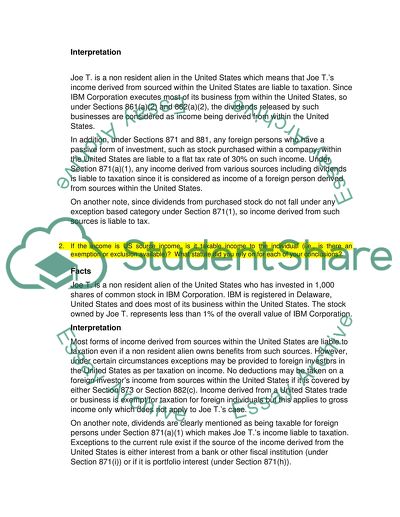Cite this document
(“Multijurisdictional tax (Inbound taxation and Outbound taxation Essay”, n.d.)
Multijurisdictional tax (Inbound taxation and Outbound taxation Essay. Retrieved from https://studentshare.org/finance-accounting/1475892-multijurisdictional-tax-inbound-taxation-and
Multijurisdictional tax (Inbound taxation and Outbound taxation Essay. Retrieved from https://studentshare.org/finance-accounting/1475892-multijurisdictional-tax-inbound-taxation-and
(Multijurisdictional Tax (Inbound Taxation and Outbound Taxation Essay)
Multijurisdictional Tax (Inbound Taxation and Outbound Taxation Essay. https://studentshare.org/finance-accounting/1475892-multijurisdictional-tax-inbound-taxation-and.
Multijurisdictional Tax (Inbound Taxation and Outbound Taxation Essay. https://studentshare.org/finance-accounting/1475892-multijurisdictional-tax-inbound-taxation-and.
“Multijurisdictional Tax (Inbound Taxation and Outbound Taxation Essay”, n.d. https://studentshare.org/finance-accounting/1475892-multijurisdictional-tax-inbound-taxation-and.


